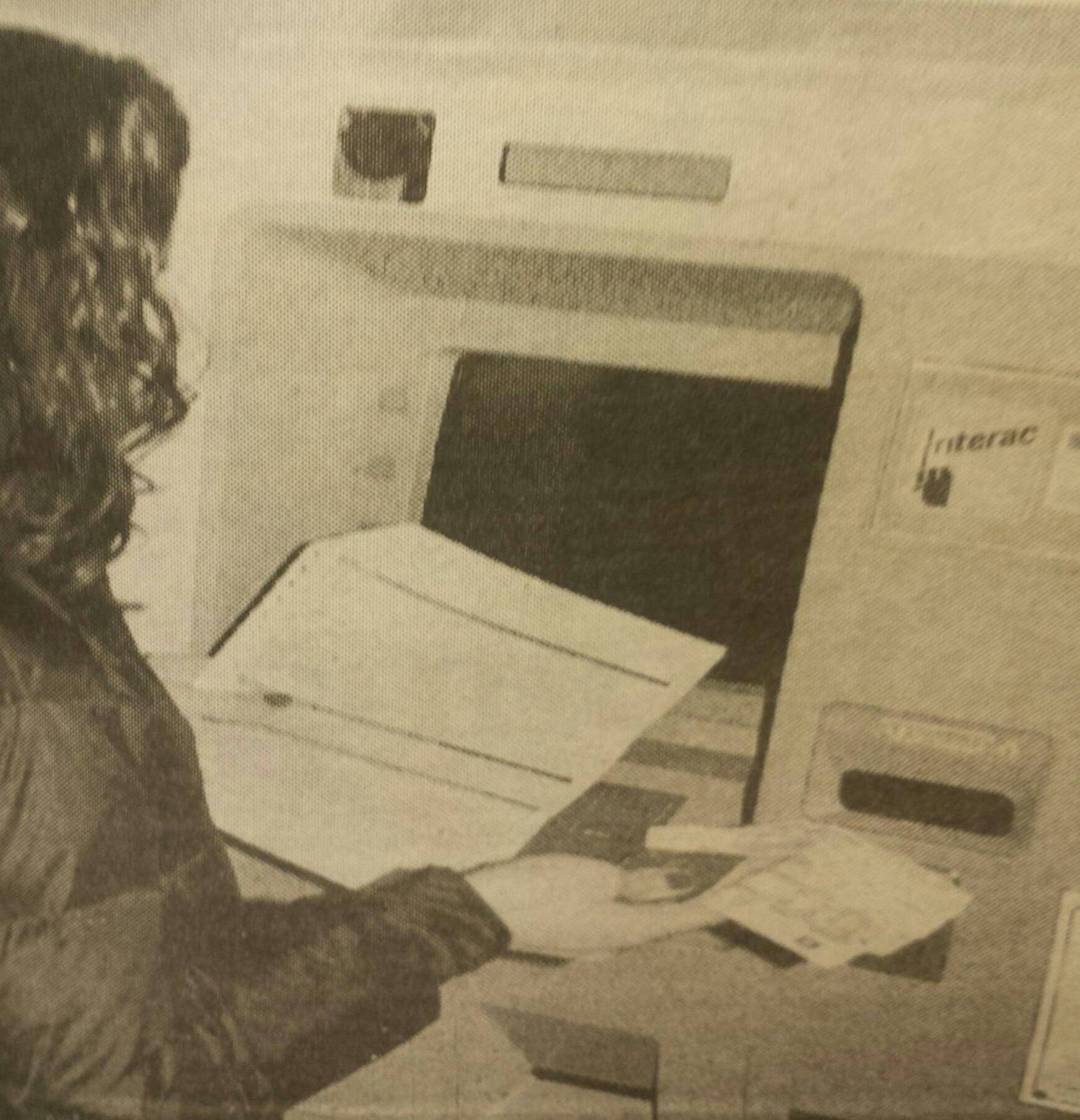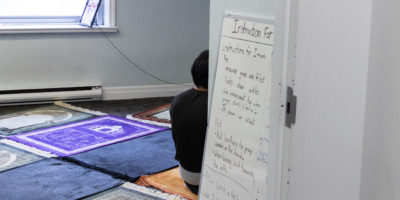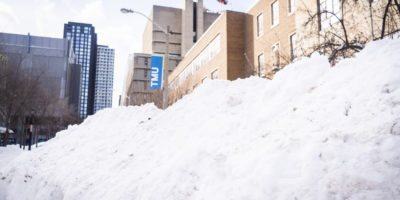By Graeme Smith
Ryerson students, it’s officially open season on your wallets.
Provincial Finance Minister Ernie Eves announced in December universities and colleges offering “graduate and professional programs” can raise tuition for those programs as much as they want.
As a polytechnic university with more job-related programs than many other schools, Ryerson stands to be greatly affected by the absence of limits.
Students in professional programs such as engineering, graphic communications management, nursing, radio and television arts, journalism and social work are expected to be hit with giant tuition increases.
“I am confident that the universities and colleges will not go hog wild here,” Eves told reporters after releasing his 1997 economic statement.
That statement also gave universities and colleges the power to raise tuition in all other programs by 20 per cent over the next two years.
Eves said institutions must “decide for themselves” which programs are affected.
Linda Grayson, Ryerson v.p. administration and student affairs, said that won’t work.
“You can’t have a situation where one university decides a program is ‘professional’ and another decides it’s not. That’s not really fair.”
Mehmet Zeytinoglu, chair of Electrical and Computer Engineering , said his program is one likely to have its tuition limit eliminated. Even though it could mean more money for his program, he doesn’t agree with a hike.
“I would be in support of raising tuition if more money were available for bursaries, but I’m skeptical that would happen,” said Zeytinoglu.
“I’m reluctant to endorse the idea.”
Just how much tuition will go up next year is still unknown. “We don’t have sufficient information to know where we are,” said Grayson.
She added administration is waiting for funding information for the coming year, available “sometime between now and March,” before deciding on tuition levels.
There’s a whole list of things we have to review,” Grayson said.
Ryerson is project to have a 1.2 million cumulative operating deficit, $1 million more than budgeted.
To counteract the soaring cost of school under the new plan, Eves said universities that choose to increase their fees will be required to set aside 30 per cent of the new revenue to help students in need.
Tuition fees have increased by 140 per cent in the last decade.
In Ontario, 60 per cent of students rely on student assistance to help pay for school.
Ryerson student council representatives met with administration, including President Claude Lajeunesse, last Friday to express their displeasure over tuition increases.
“They should be talking to students in the OSAP lines about this,” said RyeSAC President Angelo Deluca.
Gord Tanner, RyeSAC v.p.education, said: “The way they’re talking, I almost get the impression that they’d rather wait until late April to avoid the discussion.
“We need to be debating this now, while they’re making the decision.”
Despite the lack of open debate, Students are trying to be heard.
So far, 2,000 students have signed RyeSAC’s petition to freeze student fees.
The council hopes students will also voice their concerns during the Student Days of Action protest on Jan. 28.












Leave a Reply